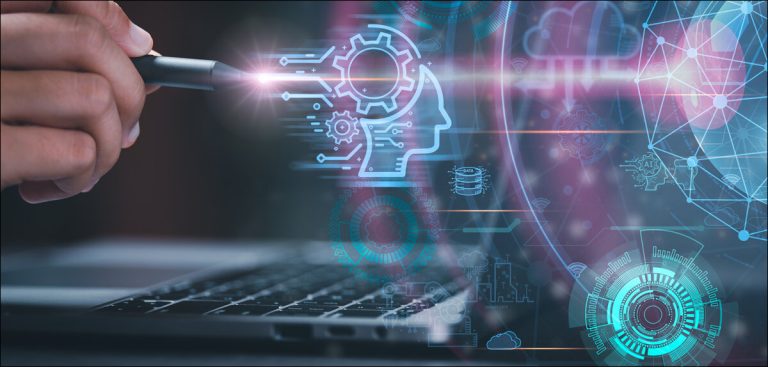Ignorance is not bliss when it comes to AI. Caution is advised!
Artificial intelligence is reaching levels of sophistication comparable to those we read and watched in novels a decade ago. It is becoming much more than just a transformative development tool, it is touching every industry and every possible use case.
But the rise of deep fakes, viral videos of AI Chatbots Interactions between individuals, the misuse of voice cloning technologies and, most frighteningly, the evolution of AI to the point of escaping human control, all raise concerns about the ethics of AI.
Ignorance is not bliss when it comes to AICaution is advised!
Key ethical challenges of AI and how can they be mitigated?
Bias in AI systems
AI is not inherently biased, but bias can creep into its system through training data or algorithms fed by humans, either consciously or inadvertently. This can lead to discriminatory effects, amplifying existing biases. Examples of AI bias include lack of diversity in AI development, algorithmic bias, data bias, etc.
Bias in AI systems can be mitigated by the following strategies:
- Algorithmic transparency and explainability
- Regular audit and monitoring
- Diverse development teams
- Ethical Guidelines and Standards
- User feedback and appeal mechanisms
Data Privacy and Security
AI systems collect and process massive amounts of personal information, making privacy and data protection critical. To reduce risks and protect sensitive data, businesses must:
- Implement tamper-proof data governance
- Adopting privacy by design principles
- Implement robust security mechanisms
- Conduct regular risk assessments
- Ensuring transparency and accountability
- Have rapid procedures in place to deal with privacy breaches
- Compliance with data protection regulations such as GDPR and CCPA
- Educate users on data security best practices
Autonomy and responsibility
Autonomous artificial intelligence aims to perform various tasks with minimal human intervention. Due to the complexity of such systems, the responsibility for AI is not solitary but results from a joint effort of all the entities involved, from development to execution.
To ensure autonomy and accountability, AI systems should be:
- Integrating human knowledge, monitoring and decision-making into AI systems
- Adopting ethical frameworks and standards for responsible AI development and application
- Designing AI systems with transparency and explainability in mind
- Regularly evaluate AI systems to identify potential dangers and moral dilemmas
Job displacement and economic impact
Questions remain about the impact of AI on existing work structures and workforces. On the one hand, it has led to job losses by automating repetitive and routine tasks, while at the same time being essential for businesses to remain globally competitive.
The integration of AI can significantly boost economic development by increasing productivity and output if used carefully.
To counteract adverse consequences such as job displacement and negative impact on income equality, it is necessary to:
- Upskilling and reskilling the workforce
- Establish social safety nets for employees at risk of layoff
- Ensure AI algorithms do not perpetuate bias or discrimination
- Creating policy frameworks for responsible AI adoption
- Consider policies such as universal basic income or addressing income inequality
- Promoting job creation in AI-driven industries
Balancing innovation and responsibility
We have reached a point where it is inevitable that AI will play a central role in everything we do. Businesses and professionals that fail to embrace AI will clearly lose the race to compete globally. So, to ensure that we harness AI as a force for humanity, it is essential to manage the ethical concerns surrounding this ever-evolving technology.
It is the duty of all stakeholders – governments, businesses and research organisations – to work together to ensure the ethical and responsible use of artificial intelligence. By working together, we can develop best practices, moral principles and agreed standards to guide the development and implementation of AI. International cooperation is also needed to ensure that the benefits of AI are distributed evenly across the world.
By prioritizing ethical concerns, our ultimate goal becomes to achieve a balance between technical growth and human well-being.


